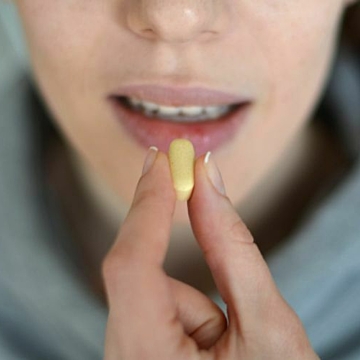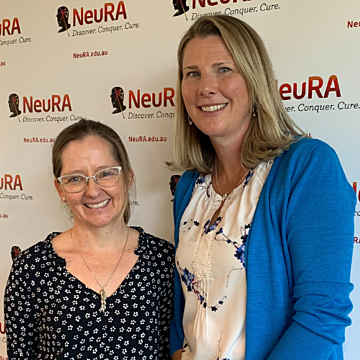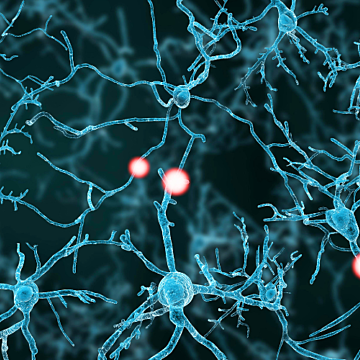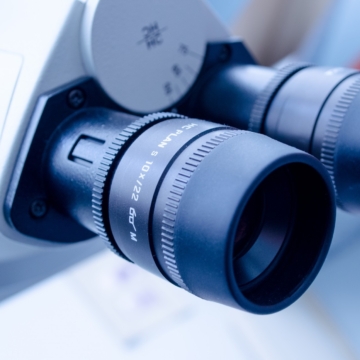News

Tertia Purves-Tyson
Current Appointments
Senior Research ScientistKey Research Areas
Dr Tertia Purves-Tyson is a Senior Research Scientist and Head of the Preclinical Neuropsychiatry Laboratory at NeuRA. She studies how hormones, neurotrophins and neuroinflammation shape neurotransmitter systems, focusing on dopamine dysregulation in maternal immune activation (MIA) models relevant to autism and schizophrenia. Her work examines sex- and age-specific molecular mechanisms underlying behavioural changes in psychiatric illness.
A strong advocate for incorporating sex and gender in biomedical research, she serves on the Steering Committee and chairs the Preclinical Working Group for the Centre for Sex and Gender Equity in Health and Medicine. She is the past President of Biological Psychiatry Australia (2023-2025). Her research is supported by a NSW Health Schizophrenia Research Grant and philanthropic funding, building on past NHMRC-funded projects on estrogen receptor modulation and neurotransmitter systems. She has made key discoveries in midbrain molecular pathology, neuroinflammation and complement pathways in schizophrenia, and sex-specific responses in the MIA model.
Dr Purves-Tyson has supervised Honours, Masters and PhD students and teaches neuropharmacology and neurophysiology. She holds a PhD in Neuroscience from the University of Manchester, an MSc in Medicine, and degrees from the University of Cape Town.
Publications
2024 May
Maternal immune activation and estrogen receptor modulation induce sex-specific dopamine-related behavioural and molecular alterations in adult rat offspring
View full journal-article on http://dx.doi.org/10.1016/j.bbi.2024.02.034
2023
GRIN2B gene expression is increased in the anterior cingulate cortex in major depression
View full journal-article on http://www.scopus.com/inward/record.url?eid=2-s2.0-85148770723&partnerID=MN8TOARS
2022 Nov
The Role of the Microbiome in the Metabolic Health of People with Schizophrenia and Related Psychoses: Cross-Sectional and Pre-Post Lifestyle Intervention Analyses
View full journal-article on https://www.mdpi.com/2076-0817/11/11/1279
2022
Alterations in the kynurenine pathway and excitatory amino acid transporter-2 in depression with and without psychosis: Evidence of a potential astrocyte pathology
View full journal-article on http://www.scopus.com/inward/record.url?eid=2-s2.0-85122915475&partnerID=MN8TOARS
2022
Increased levels of a pro-inflammatory IgG receptor in the midbrain of people with schizophrenia
View full journal-article on http://www.scopus.com/inward/record.url?eid=2-s2.0-85134269042&partnerID=MN8TOARS
2022
Inflammation-related transcripts define “high” and “low” subgroups of individuals with schizophrenia and bipolar disorder in the midbrain
View full journal-article on http://www.scopus.com/inward/record.url?eid=2-s2.0-85134309867&partnerID=MN8TOARS
2022
Maternal immune activation with high molecular weight poly(I:C) in Wistar rats leads to elevated immune cell chemoattractants
View full journal-article on http://www.scopus.com/inward/record.url?eid=2-s2.0-85123621360&partnerID=MN8TOARS
2022
N-Methyl-D-Aspartate receptor and inflammation in dorsolateral prefrontal cortex in schizophrenia
View full journal-article on http://www.scopus.com/inward/record.url?eid=2-s2.0-85121423017&partnerID=MN8TOARS
2021 Dec
Reductions in midbrain GABAergic and dopamine neuron markers are linked in schizophrenia
View full journal-article on https://doi.org/10.1186/s13041-021-00805-7
2021, 05 Mar
Increased levels of midbrain immune-related transcripts in schizophrenia and in murine offspring after maternal immune activation
View full journal-article on https://doi.org/10.1038/s41380-019-0434-0





